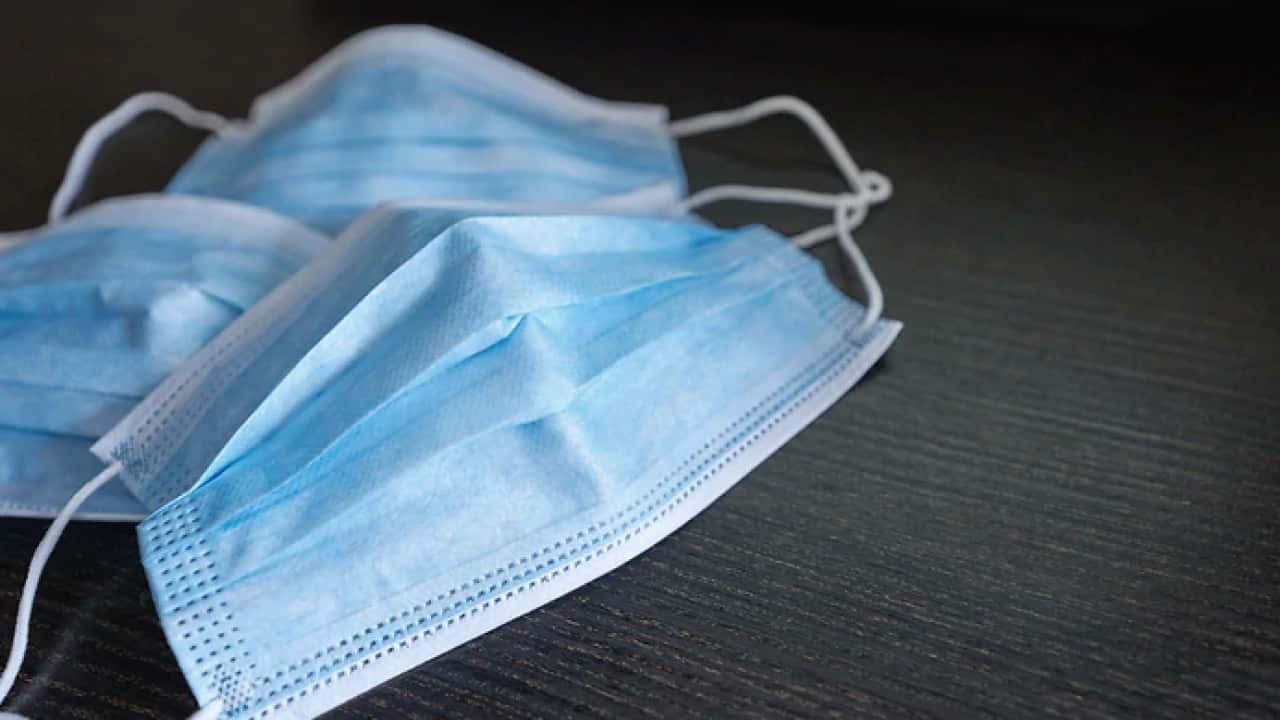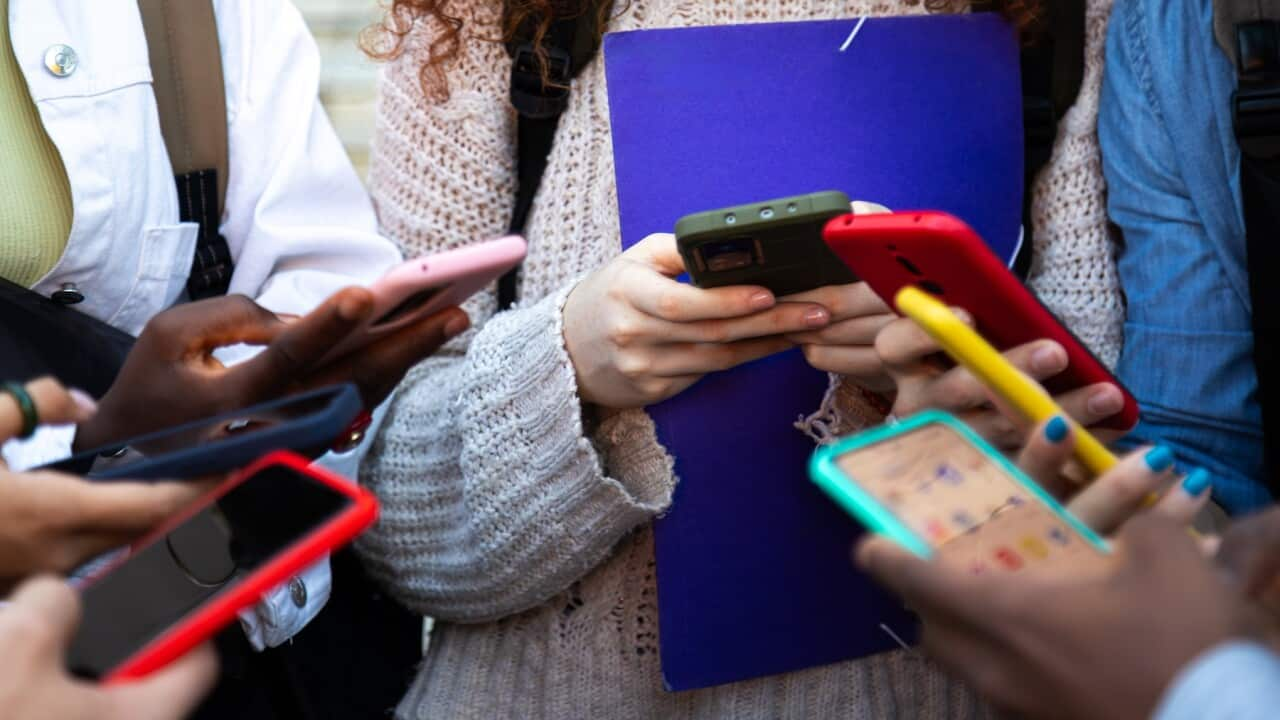Highlights
- Step outside your door without a face mask in Melbourne and you can be fined $200.
- Victoria is the first state in Australia to mandate the wearing of masks in a designated hotspot.
- Experts says wearing masks will fast become socially and culturally accepted in Australia
Victorian Chief Health Minister Brett Sutton says masks are a new defence mechanism and they will be part of the new normal for Victorians.
Since the coronavirus pandemic began, there's been a significant increase in public policy directing citizens to wear a mask.
More than 130 countries currently have policies recommending face coverings.
Some of the first countries to make mask wearing compulsory were Vietnam, the Czech Republic and Venezuela, in March.
April saw The United Arab Emirates impose masks for people leaving their homes - so did Morocco and Israel.
But some of the worst-affected countries, such as Spain and France, mandated masks in May.
Professor Marylouise McLaws is a member of the World Health Organisation's infection prevention and control guidelines team for coronavirus.
Ms McLaws says other countries mandated face masks earlier in their response because they had previous health crisis experience, and were not culturally sensitive about them.
"Culturally they had understood the importance of wearing a face mask during the coughing season, so when COVID-19 occurred in their country, they adopted face covers much faster. It was culturally easier for them. They had been primed before. If you have ever visited any of these countries in the winter time, wearing a mask is fairly commonplace. But in Australia and other Western countries, mask use hasn't been a readily-adopted procedure."
Experts say universal mask-wearing is significant because an infected person sheds less of their virus, and people around them are less exposed.
Some health experts, and the Victorian government, have recommended a three-tier homemade mask or even a scarf as an acceptable covering of the face.
Professor Tony Blakely is an epidemiologist and a public health medicine specialist, has found that face masks have a 60 to 80 per cent improvement rate of effectiveness in curbing transmission.
" If everybody is wearing it, it just cuts chains of transmission. So for example, we modelled the effect of the six-week lockdown, which without masks, might have a 5 per cent chance of achieving elimination. But you put 90 per cent mask-wearing amongst the Melbourne population, it goes all the way up to nearly 50 per cent chance of elimination. It is a very important tool."
Being forced to wear a mask may make people feel uncomfortable, or they may look at others differently but Ms McLaws says Australia is made up of multicultural communities, so we should be respectful nonetheless.
Mr Blakely says wearing masks will fast become socially and culturally accepted in Australia, as people understand the seriousness of the pandemic.
"So this is getting quickly accepted, the tide is turning. My prediction is this will shift dramatically within a week to the point where people are looking at those not wearing masks in Melbourne and going 'hey, put a mask on'. Why? Because this is moving so rapidly.
When we did things in the past like seatbelts, or stopping smoking inside pubs, or taking as bestos out of buildings. They were seen as radical when they were first mooted. But as soon as they were done people said 'oh yeah that's the right thing, let's get on with it"
Australian Federal Health Minister Greg Hunt says right now, it is a necessary weapon to curb community transmission in Victoria.
Information on how to create your own cloth masks is available on Department of Health and Human Services websites.












